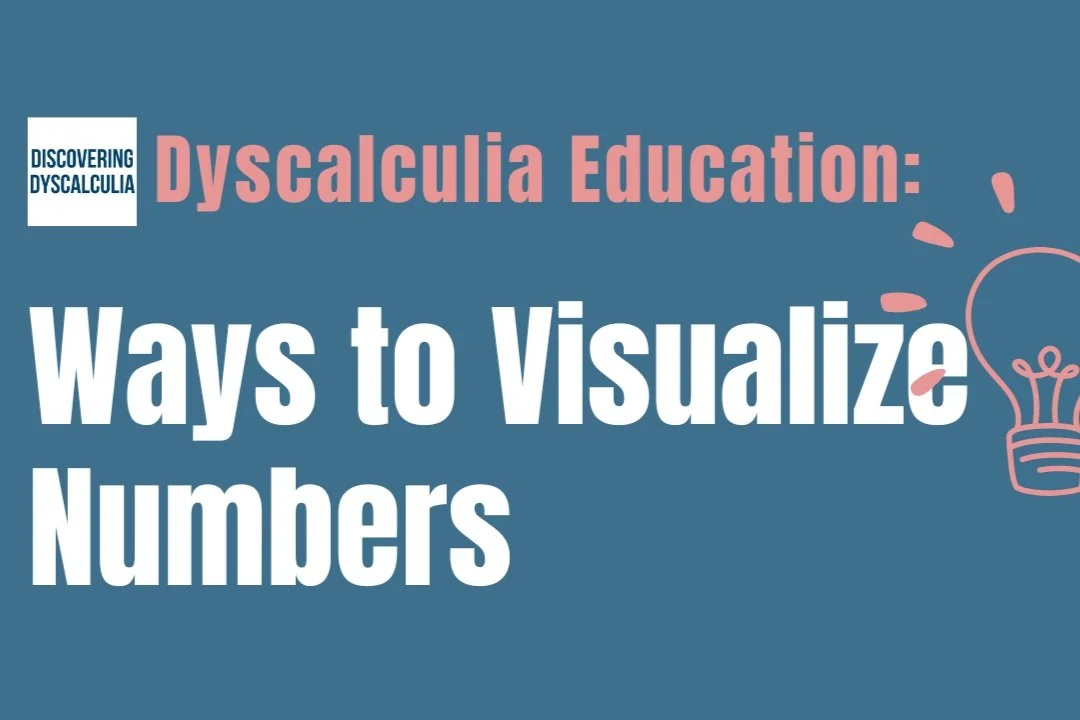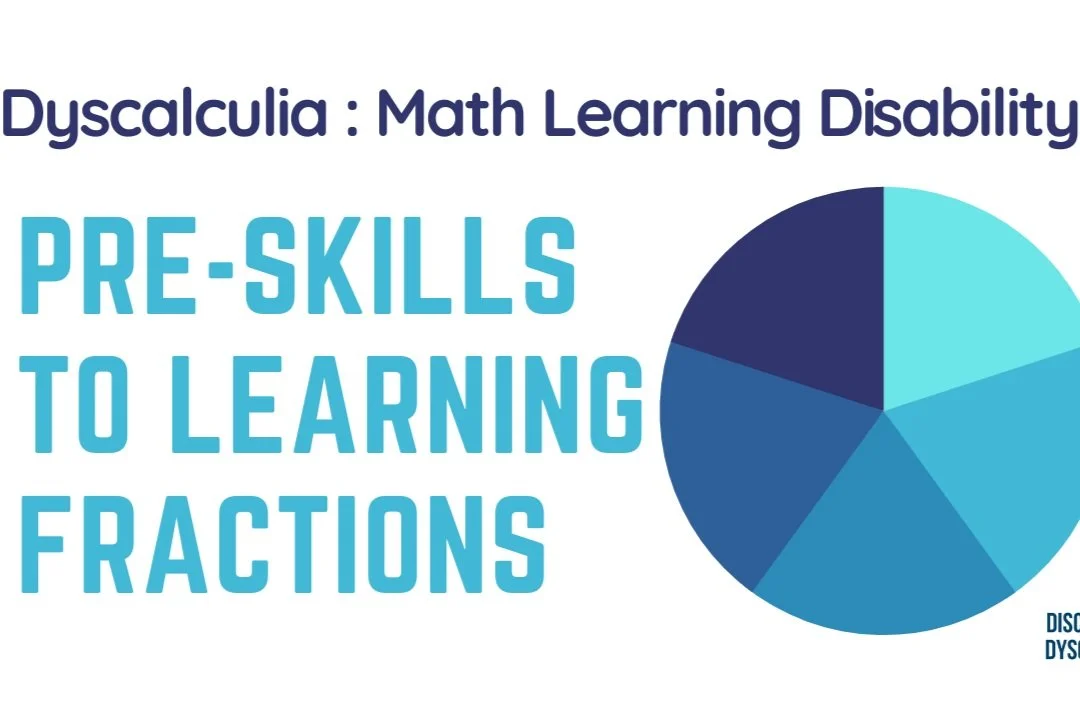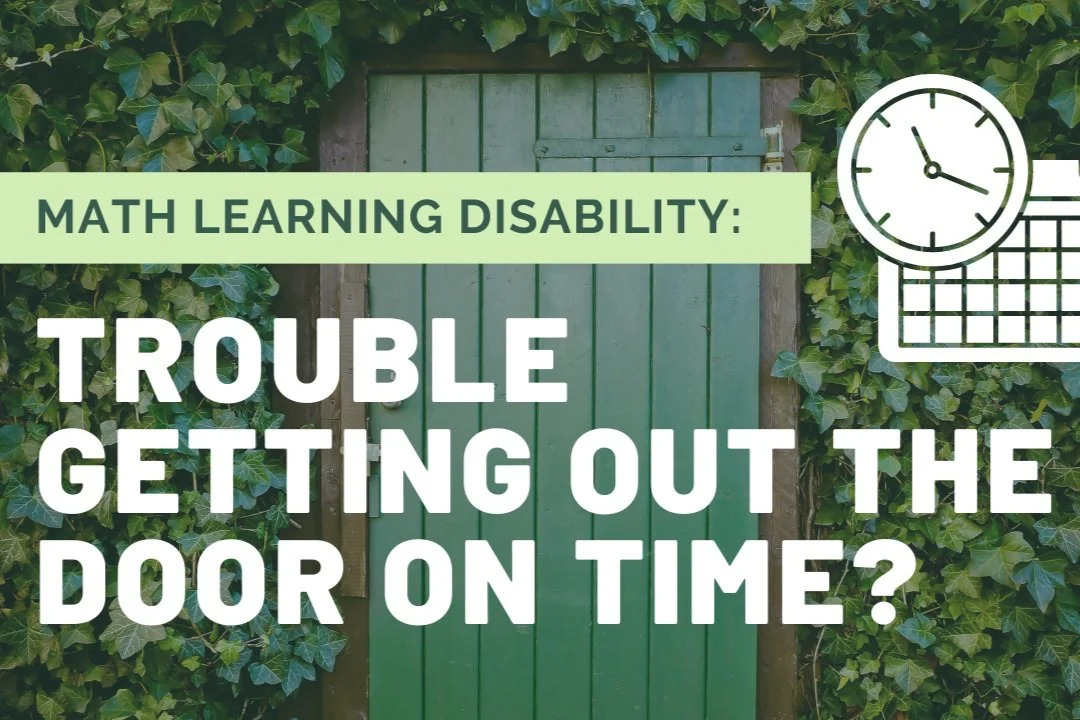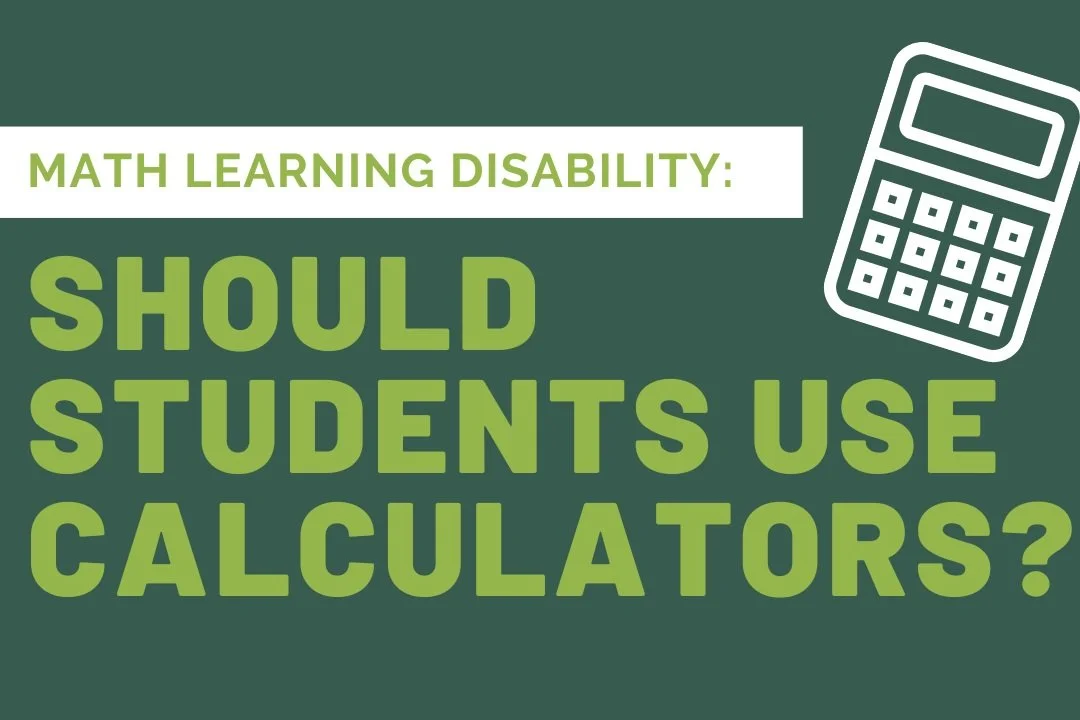Dyscalculia and Memorizing Multiplication Tables
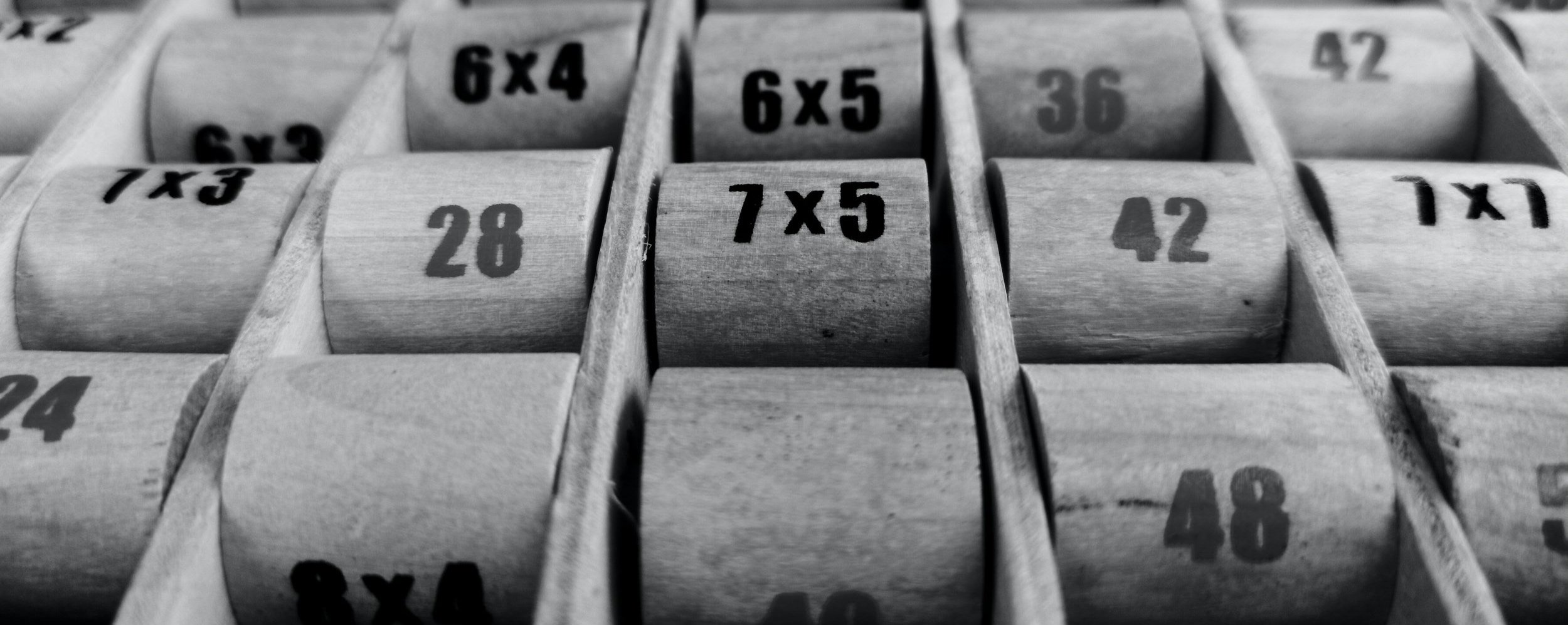
“How can I help students memorize their multiplication tables?” This is a common question from parents and teachers regarding students with dyscalculia.
What if the best answer is this? “Don’t require them to memorize ALL their multiplication tables.”
This may be a surprising suggestion. Especially when, traditionally, students all over the globe are required to memorize their multiplication tables. It is often viewed as a measuring device for a student’s math competence or intellectual capability.
Focusing on memorization is a mistake for dyscalculic students. Dyscalculia experts consistently emphasize that memorizing multiplication tables is not recommended for dyscalculic learners.
Why is memorization not recommended for those with dyscalculia?
Dyscalculia extremely limits the memory available for numbers-sense and number-calculation. Because of this, demands on the memory must be reduced so that the memory system is less taxed and can be reserved for a few important items – often called “key facts.” Memorizing 144 multiplication facts is too much strain on the dyscalculic’s memory system.
For a dyscalculic learner, memorization of multiplication tables does not automatically correlate to understanding the concept of multiplication.
These realities are not to say that dyscalculia students can’t learn to multiply or that they won’t be able to memorize any multiplication facts. But by adapting the teaching methods into ways that are more effective and lead to real understanding, dyscalculic learners can successfully come to understand the process of multiplication - without rote or memorization. To do this, it is especially important to teach for understanding.
Here are a few insights into effective methods in which dyscalculic students can learning multiplication successfully.
The learning process begins with the student's solid understanding of several previously learned concepts: Doubling, Halving, Step Counting, Components, Bridging, Partitioning, Place Value, and Multiply/Divide by 10. These pre-skills will help the student understand multiplication with more success.
Dyscalculia experts recommend students start with learning the 2x, 5x, and 10x tables. This enables the student to fully understand and retain only a few key facts. Because the strain on the memory is lessened, students can recall them with greater reliability. Students are then guided in how to use these three key multiples, along with reason and logic, to derive the rest of the multiplication facts.
This method enables the student to connect and build from the skills they have previously learned. For example, the 2x table can be experienced as “doubling” a number – an important pre-skill. The 5x table can be experienced as “halving” the 10x table –another important pre-skill for dyscalculics to learn prior to multiplication.
“The best way to learn times tables facts is to use a multi-sensory approach which makes the relationships between the facts explicit as well as providing plenty of opportunity for revision of facts. Teach pupils to understand the concept of multiplication by reasoning. They use step counting skills and their knowledge of number patterns to see multiplication as the structured repetition of a quantity. If pupils know the key facts of 10 x N and 5 x N for each times table, and understand the structure of the multiplication, they can quickly derive other facts.” - Jane Emerson and Patricia Babtie, The Dyscalculia Solution, p. 148
If you would like to learn more about best practices for teaching dyscalculic students, please check out the Audio Guide to Math Education for Dyscalculia and signup for my monthly newsletter for ongoing resources.




















